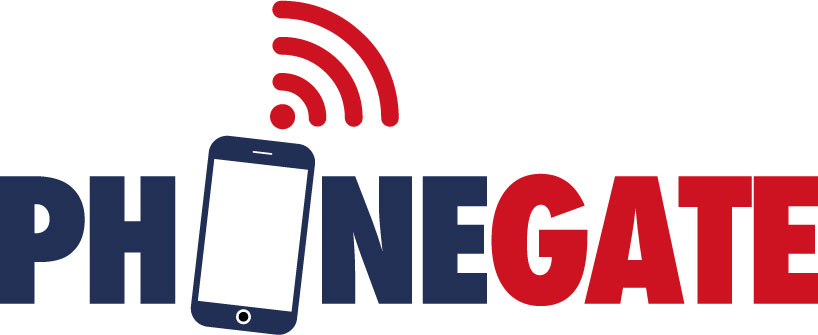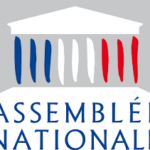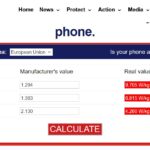In a press release published on October 4, 2019 on its website, the French National Frequencies Agency (ANFR) announced the withdrawal from the market and the recall of the ECHO Horizon Lite phone following measures to control the specific absorption rate (SAR) “trunk” which revealed that the authorized regulatory limit had been exceeded.
ANFR also sanctioned the French distribution company MODELABS MOBILES, which markets this model, with an administrative fine of €7,500. The SAR “trunk” of the Echo Horizon Lite was measured at 2.38W/kg in May 2018 and at a higher level of 2.84 W/kg after ANFR requested theupdate of this phone. To our knowledge, this is the first time that a company has been financially sanctioned for this reason.
Since we issued the alert, this is the eighteenth smartphone model pinned in France by ANFR for exceeding the SAR “trunk” or “head”.
Completely inadequate, worse, non-existent controls at European and international level
Phones are placed on the market by their manufacturers or distributors with information on SARs provided by these companies under their sole responsibility.
In France, with around sixty tests carried out each year, a small proportion of mobile phones placed on the market are effectively controlled with, as we can see, an average of almost 20% of them posing a risk to the health and safety of users. The situation is much worse in Europe, where only the Netherlands also carries out some controls, kept confidential, and nothing for the rest of the European countries.

Press Conference of October 1st, 2019 European Parliament
Even more worrying: mobile phones identified by ANFR as exceeding the SAR are not subject to any measures for withdrawal from the market, prohibition of their use or update in other European Union countries. We were able to discuss this subject at length when we came to the European Parliament on October 1, 2019 at the invitation of Michèle Rivasi, Klaus Buchner and Philippe Lamberts.

The Chicago Tribune’s revelations, at the end of August 2019, concerning the best-selling brands in the United States, Apple, Samsung, Motorola, also show, during controls, completely inadequate SAR levels. For the iPhone 7, all tests performed by an independent laboratory accredited by the Federal Communications Commission (FCC) at the legal distance of 5mm show that the SAR “trunk” of this phone exceeds the regulatory limit of 1.6 W/kg in force in the United States (this limit is 2 W/kg in Europe). The FCC has so far not reacted.
European and international regulations need to be reviewed to truly protect users
The European directive 2014/53/EU, which came into force in 2014, is partly responsible for the serious deviations we are seeing today. It has thus introduced in Article 16 the “presumption of conformity for radio equipment”, thus allowing manufacturers to place their products on the European market via conformity assessment procedures based solely on “internal production control” and under their sole responsibility.

Even more worrying: in its Article 5, the Directive guarantees, since June 2018 and via a commission whose functioning is totally opaque, total confidentiality for manufacturers whose models pose a risk to the health and safety of users.

In addition, all the test results, both from ANFR and the Chicago Tribune, show that the setting of the measuring distance to 5 mm from the skin, (the limit, previously varying between 15 and 25 mm, was revised in 2016), is totally unsuitable for real-life use. Many experts and scientists therefore ask that all SAR measurements be carried out in direct contact with the skin. We support this request and call on the public authorities to act quickly to ensure that mobile phone users are truly protected.
For Dr. Arazi, President of Phonegate Alert, who issued the alert in July 2016:
“Every day we are making headway and we can see concrete progress. But this is still completely insufficient given the health issues. It is regrettable to note the inertia of industrialists who barricade themselves in guilty silence over their past and current actions. It is also time for them to react and respect a fair approach towards the public authorities and their consumers. ».

![[Press release] The flaws in the control of mobile phones by European and international authorities](https://phonegatealert.org/wp-content/uploads/2019/10/Screenshot_2019-10-11-Extrait-du-documentaire-ARTE-TV-Xenius-la-pollution-électromagnétique-Quels-risques-pour-la-santé--1080x675.png)




